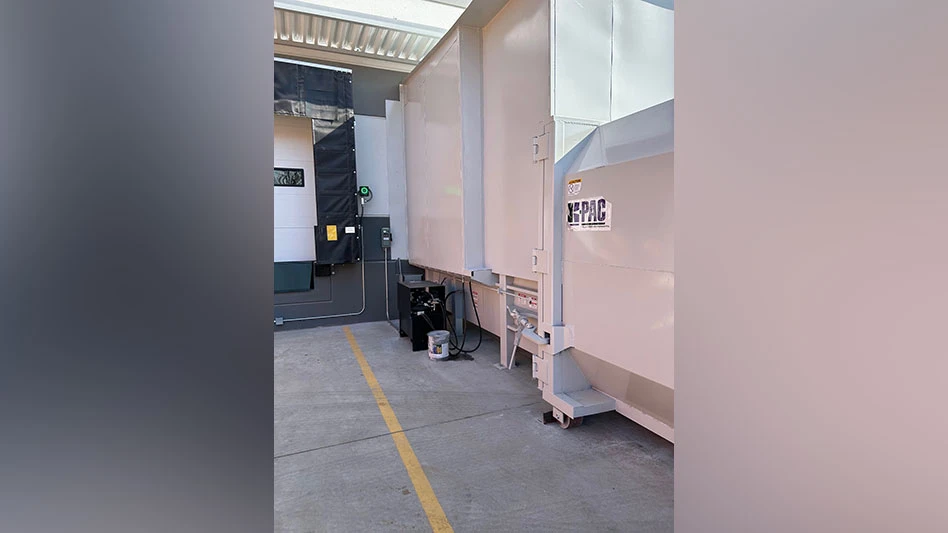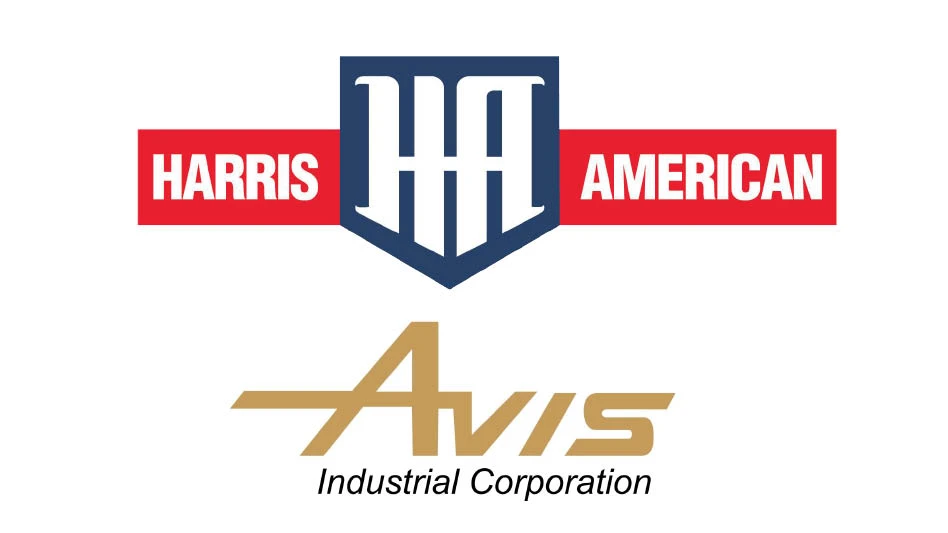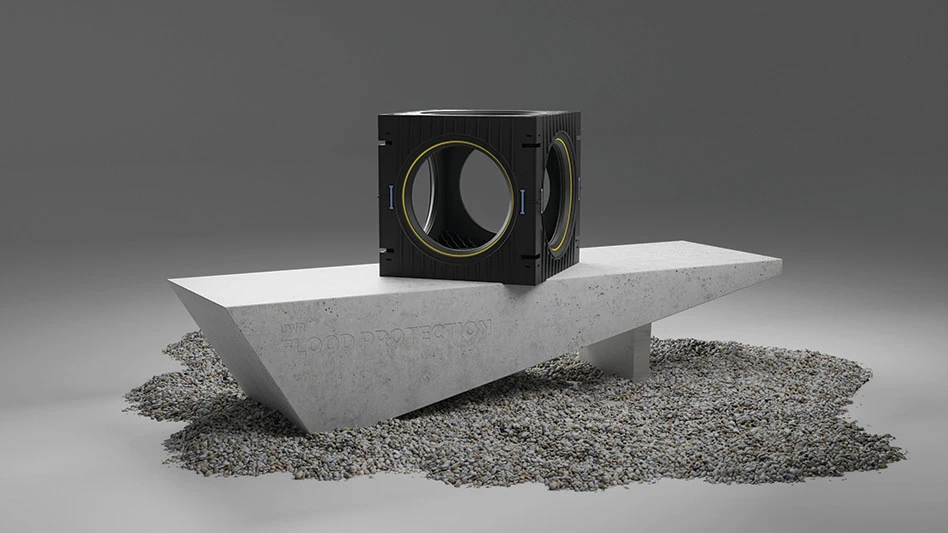
Wrangler | stock.adobe.com
Lithium-ion battery (LIB) recycler Li-Cycle Holdings Corp., Toronto, has released financial results for the 2023 fiscal year and included an update on its business, namely the ongoing pause of construction on its “hub” facility in Rochester, New York.
The company has reported a net loss of approximately $138 million for the year, ended Dec. 31, “including $22.1 million of fair value gains on financial instruments,” compared to a $70.8 million loss in 2022. The company says this was driven by a higher cost of sales and selling, general and administrative (SG&A) expenses. Its adjusted earnings before interest, taxes, depreciation and amortization (EBITDA) loss were about $156.4 million compared to a loss of $118.5 million the year prior, driven by higher cost of sales and SG&A related to the business’ growth and expansion.
RELATED: Li-Cycle to receive $75 million investment from Glencore
As of Dec. 31, the company says it had cash and cash equivalents on hand of $70.6 million. It says it incurred capital expenditures of $334.9 million in the period, primarily comprised of purchases of equipment and construction-related activities for the Rochester “hub” project and its Germany “spoke” facility, in addition to net cash outflows for operating activities of $99.8 million.
Li-Cycle reports its revenue from product sales and recycling services was $23.6 million, a 34 percent increase from the $17.6 million generated in 2022, due to a higher value product sales mix and increased recycling service revenue, partially offset by the reduced market prices of cobalt and nickel. Its total revenues were $18.3 million versus $16.5 million in 2022.
Li-Cycle says it produced 6,825 tons of black mass and equivalents in 2023, exceeding the top end of its annual guidance of 5,500 to 6,500 tons, which it provided in November.
“In the near to midterm, our black mass production will be tied to the availability of feedstock in local markets and to key strategic customers in close proximity to our spoke operations,” company co-founder and Executive Chairman Tim Johnston says. “Longer-term, we will strategically time production in line with the internal demand for black mass.”
Li-Cycle uses a “spoke and hub” business model, in which spent batteries are processed into black mass at a spoke site, then turned into battery-grade lithium carbonate, cobalt sulfate, nickel sulfate and other critical materials at a hub site. That model has been tested in recent months, as the company’s planned Rochester hub was paused due to rising construction costs.
The project was initially estimated to cost $485 million, then was raised to a figure between $850 million and $1 billion. During the company’s earnings call, Johnston says the project has cost about $567 million through the end of 2023, including a total cash spend of $452 million and $115 million of costs incurred but not yet paid.
As part of Li-Cycle’s ongoing review of its go-forward strategy, it has focused on the construction, commissioning and operation of the hub with the intent of producing lithium carbonate and hydroxide precipitate product (MHP)—a combination of nickel, cobalt and manganese that can be sold to a refiner ahead of being supplied to the battery precursor industry. Johnston says the original plan for the hub was to convert black mass into nickel and cobalt sulfate along with lithium carbonate and MHP, but the facility plan now only includes the latter two products. Johnston says the estimated cost to complete the project is approximately $508 million, giving the entirety of the construction a $960 million price tag.
“We know this estimate is subject to a number of assumptions and is likely to change as we continue to complete our comprehensive review work, including reengaging and re-bidding construction subcontracts,” Johnston says.
As part of a cash preservation plan it began in October, Li-Cycle has slowed operations throughout at its spokes in New York, Arizona and Alabama and has paused operations at its Ontario spoke. Its plans for facilities in France and Norway are paused for review.
The company received a cash infusion in mid-March through a $75 million investment from longtime strategic partner Glencore, a Switzerland-based mining and metals conglomerate. The investment, a senior secured convertible note, is expected to close March 25.
Additionally, company co-founder and CEO Ajay Kochhar says Li-Cycle is still engaged with the U.S. Department of Energy (DOE) regarding a conditional $375 million loan it was awarded in early 2023 that has not yet been released.
RELATED: Li-Cycle Q3 report provides update on paused Rochester hub project
“We are very appreciative of our customers, suppliers, the DOE and our financial advisors for their continued support and collaboration as part of our go-forward business plans for the Rochester hub,” Kochhar says. “Of special note, we’re excited and appreciate Glencore’s support and continued cooperation.”
During the earnings presentation, Kochhar noted that demand trends for LIB recycling remain strong.
“These growth dynamics support the robust demand for expanding market for recycling of all forms of lithium-ion batteries. Near to midterm, the increase in recycling material was largely driven by manufacturing scrap from gigafactory growth, supplemented by end-of-life battery feedstock towards the end of the decade. It is projected by 2030, demand for recycling material will increase by up to six times from 2023 levels.”
Latest from Recycling Today
- Enfinite forms Hazardous & Specialty Waste Management Council
- Combined DRS, EPR legislation introduced in Rhode Island
- Eureka Recycling starts up newly upgraded MRF
- Reconomy Close the Gap campaign highlights need for circularity
- Nickel carbonate added to Aqua Metals’ portfolio
- EuRIC, FEAD say End-Of-Life Vehicle Regulation presents opportunity for recyclers
- Recyclers likely to feel effects of US-China trade war
- BCMRC 2025 session preview: Navigating battery recycling legislation and regulations






